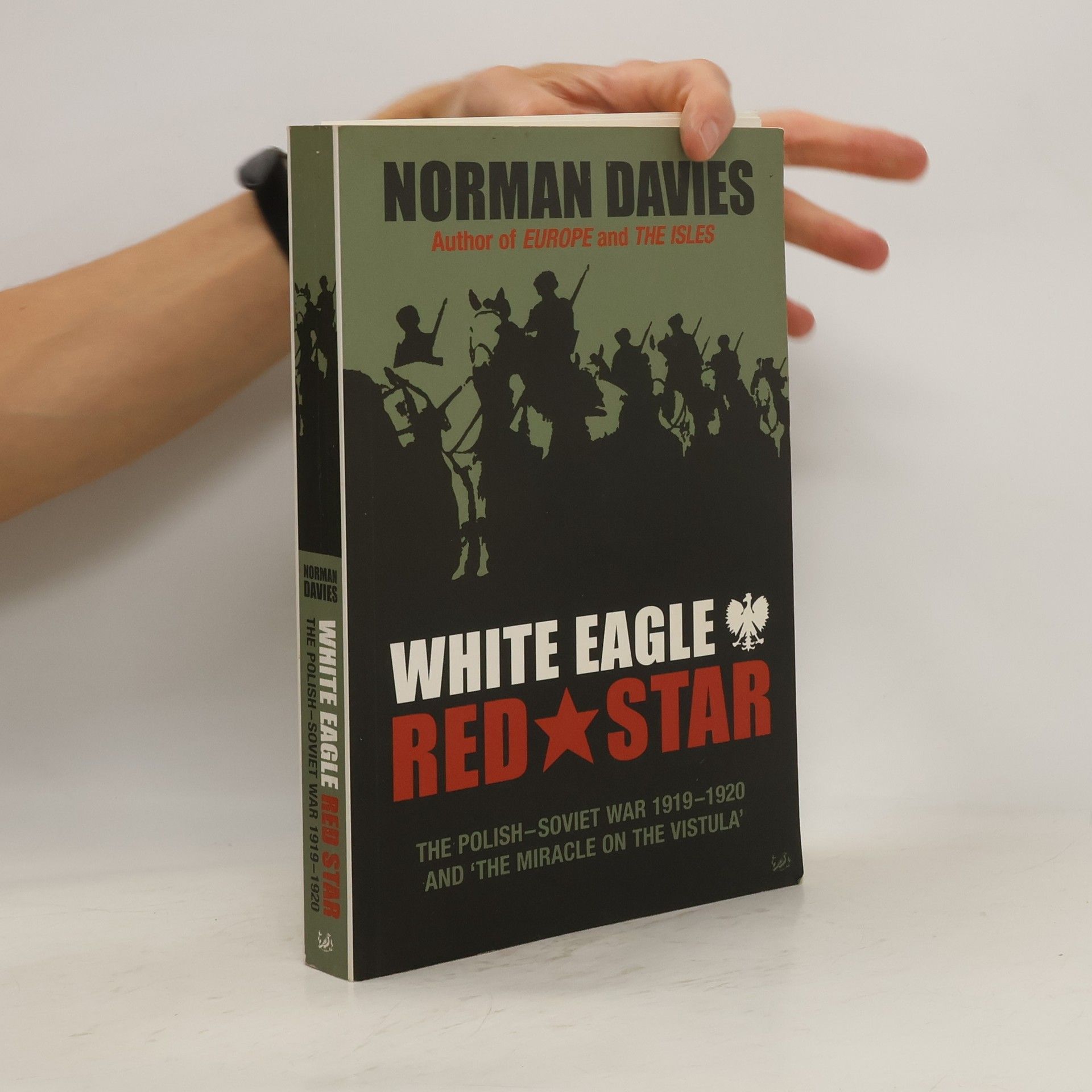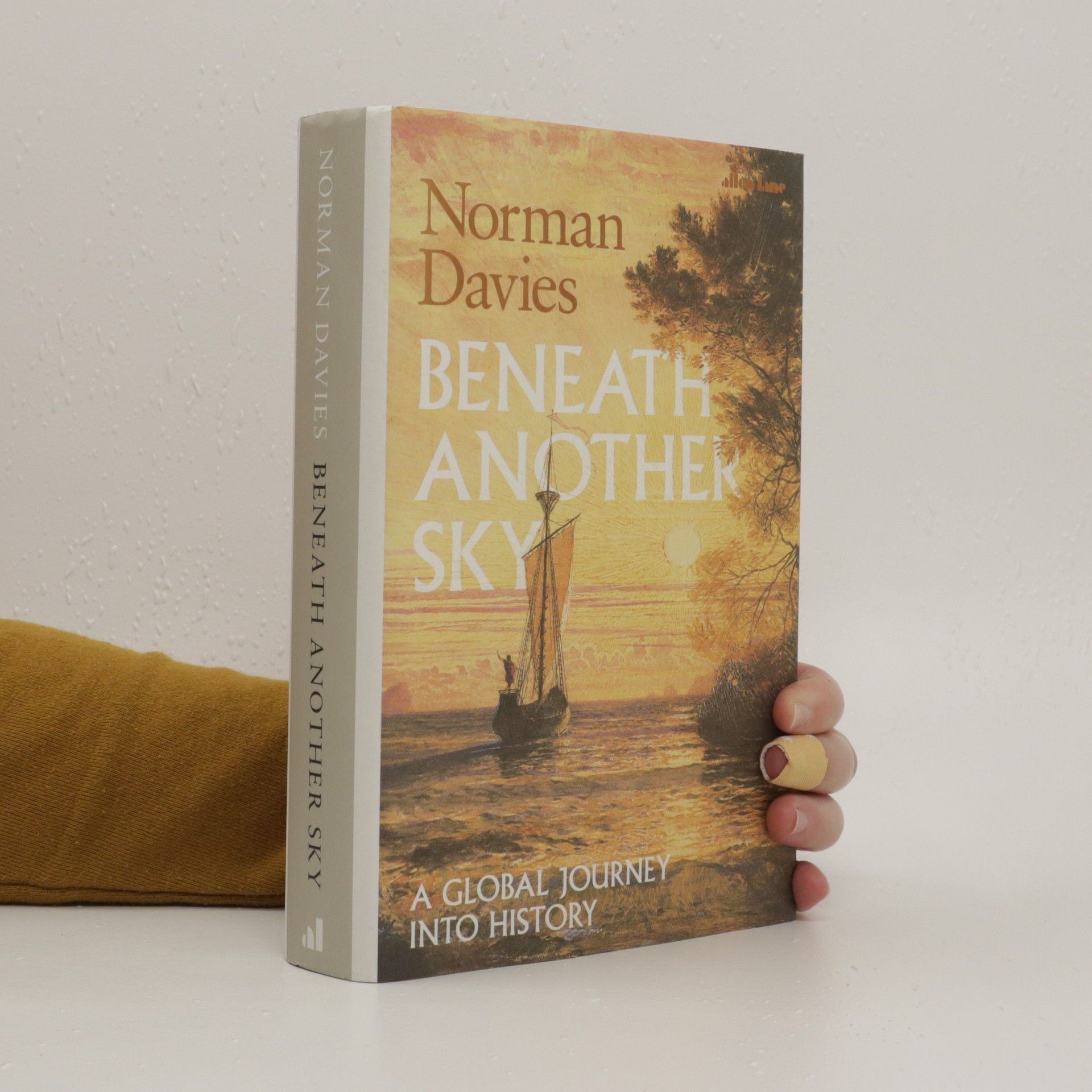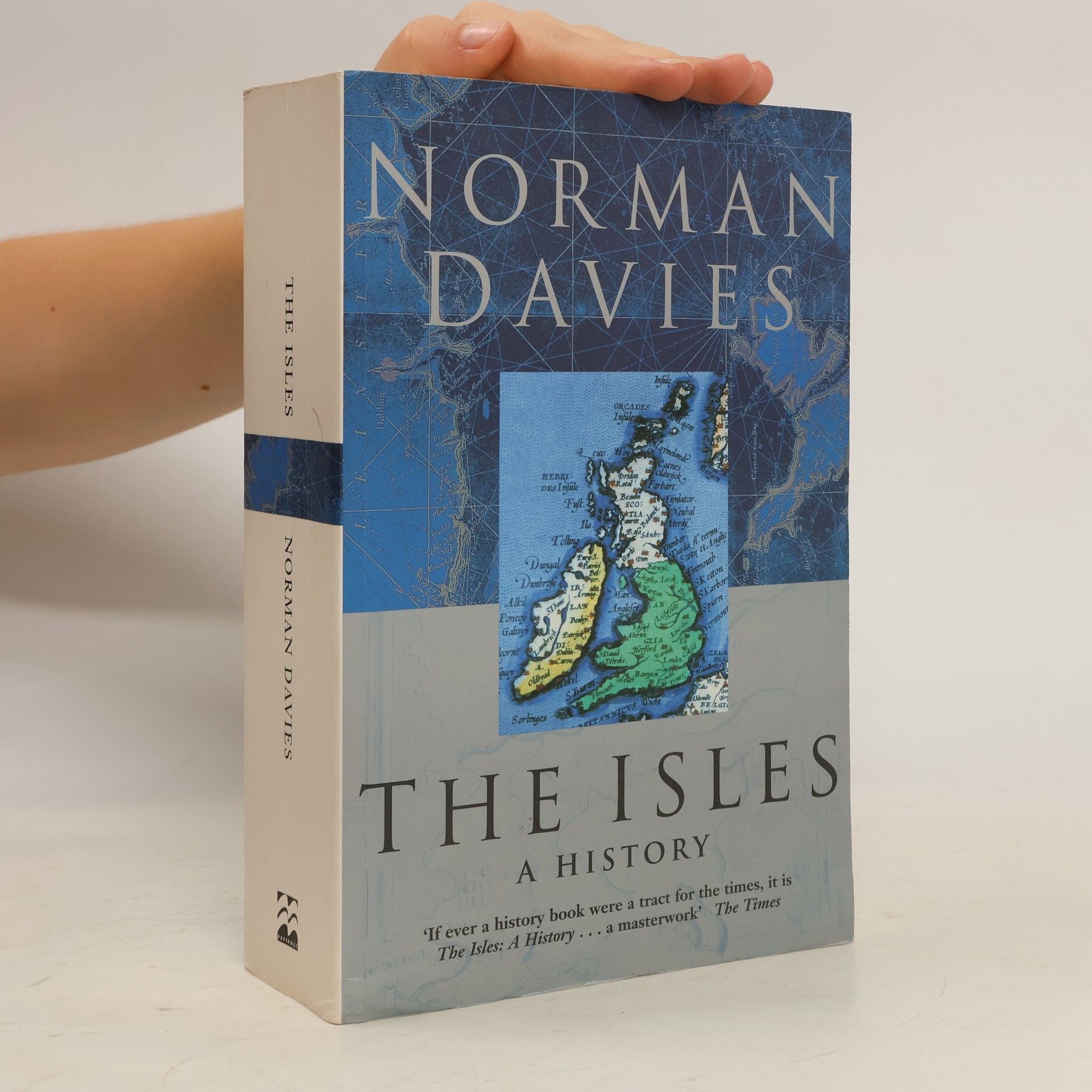Challenging the traditional picture of 1000 years of eternal England, and referring at every stage to events on the Continent, a picture emerges of a history of four nations - England, Scotland, Ireland and Wales
Norman Davies Libros
Este renombrado historiador es conocido por sus extensas publicaciones sobre la historia de Europa, Polonia y el Reino Unido. Su obra a menudo presenta narrativas exhaustivas entrelazadas con discusiones sobre microtemas, ofreciendo a los lectores una perspectiva rica sobre eventos cruciales. Explora contextos históricos más amplios, presentando comparaciones provocadoras para comprender la magnitud total de los cataclismos bélicos y enfatizar lecciones para el futuro.


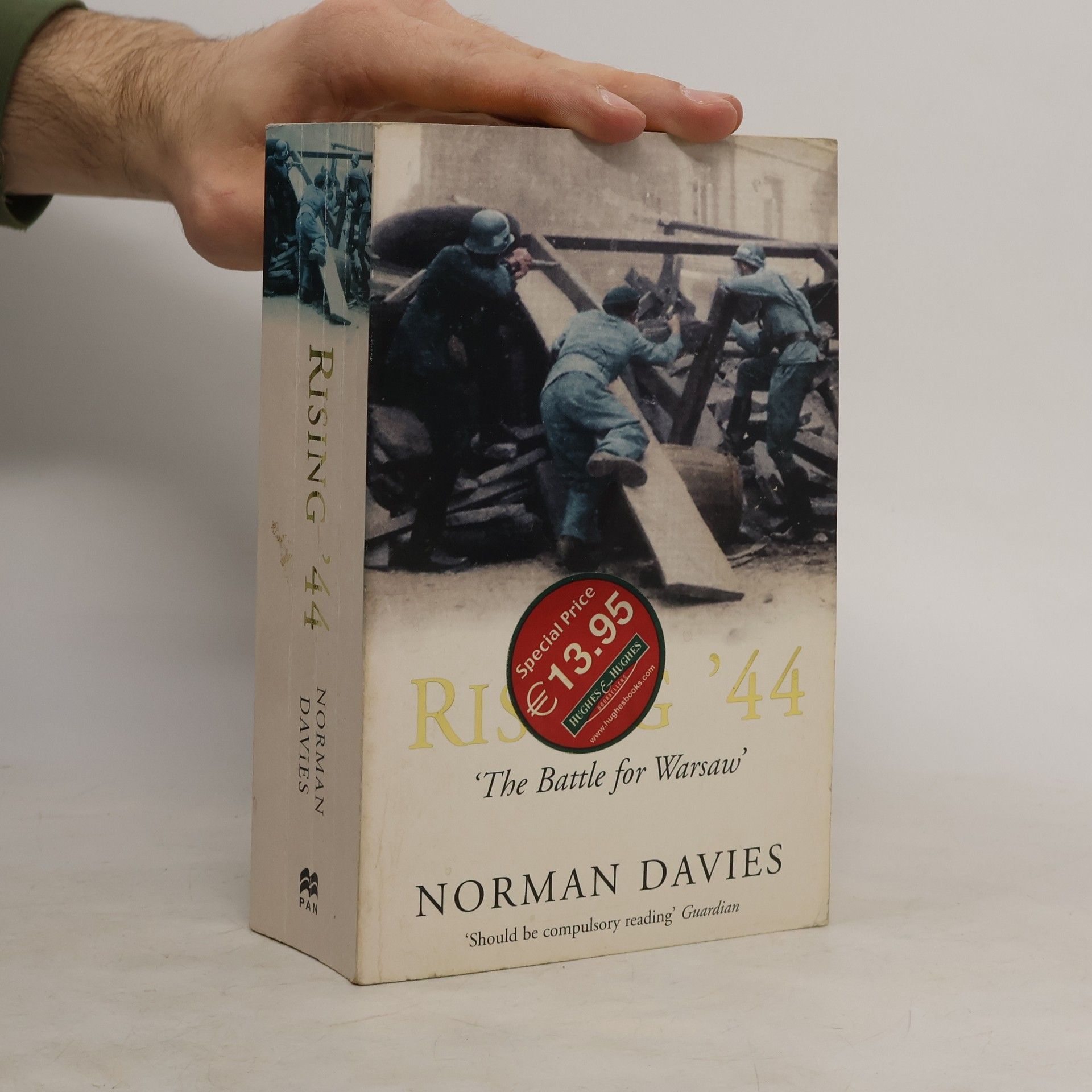
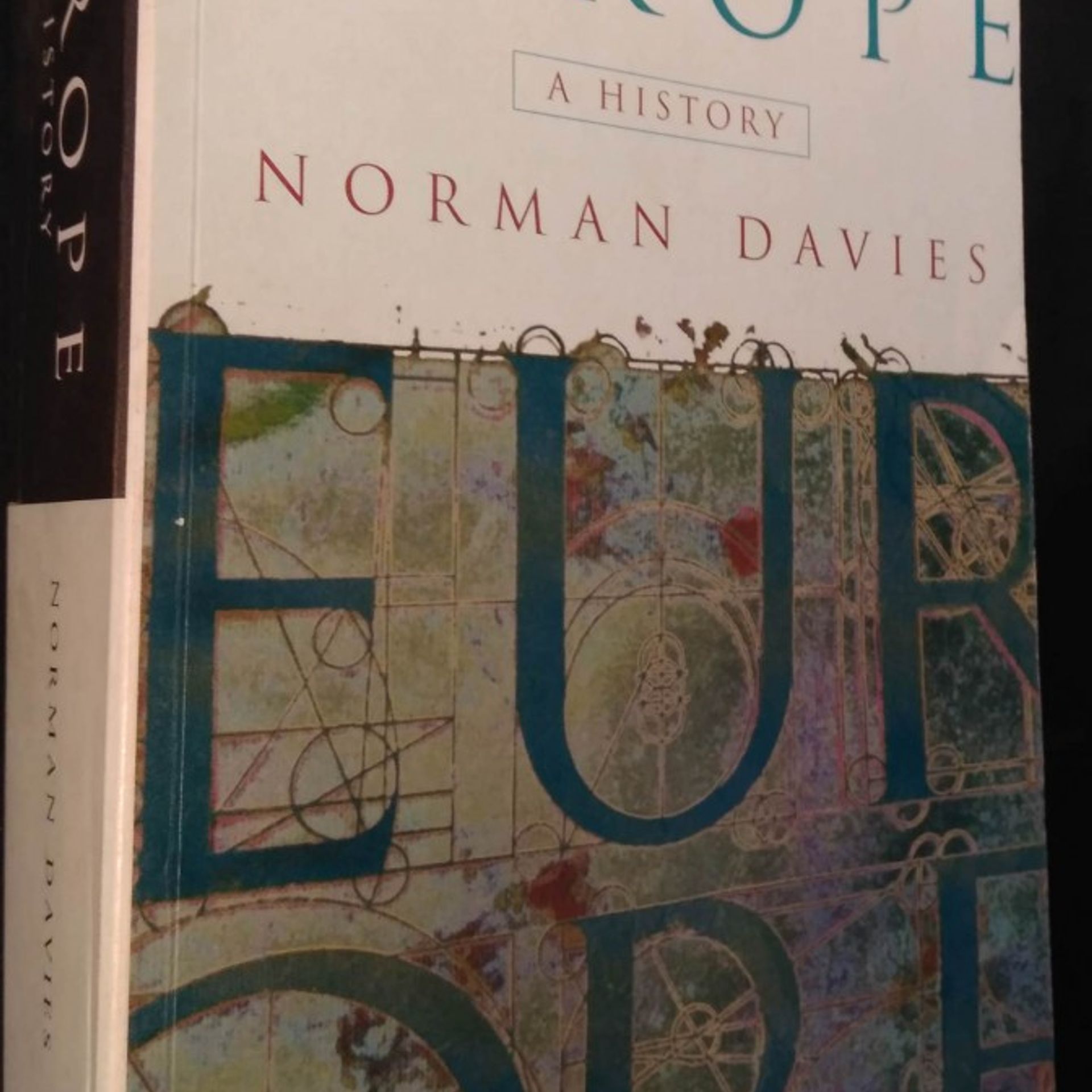


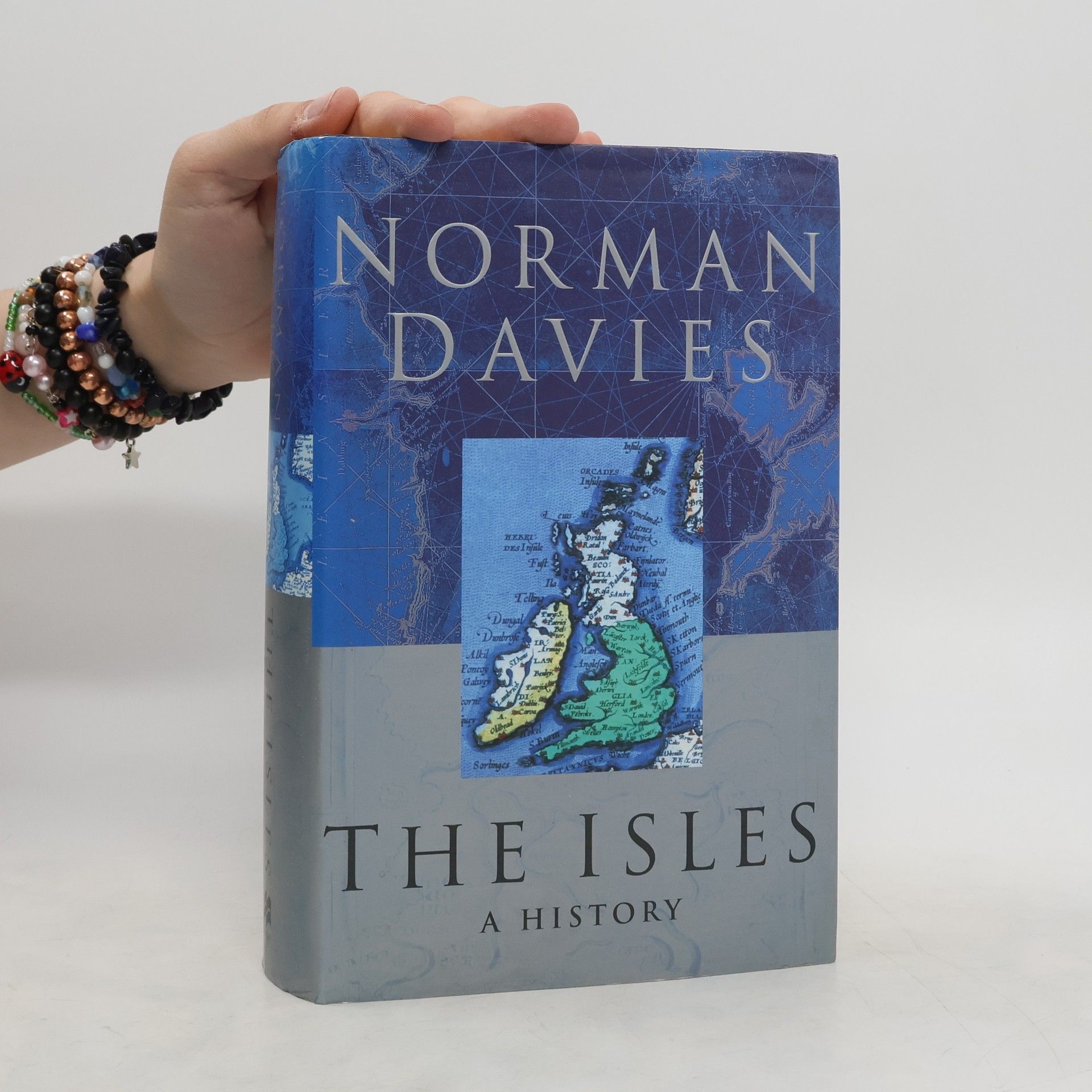
The revised edition of this classic study offers a comprehensive survey of Polish history, now updated with two new chapters that extend the narrative to the end of the twentieth century. The author challenges existing interpretations, providing a critical perspective that emphasizes common sense. This work aims to clarify the complexities of Poland's past, addressing misconceptions and shedding light on a nation often overlooked in historical discourse.
Following the conquest of Poland by Nazi Germany and the Soviet Union in 1939, hundreds of thousands of Polish families were torn from their homes and sent eastwards to the arctic wastes of Siberia. Prisoners of war, refugees, those regarded as 'social criminals' by Stalin's regime, and those rounded up by sheer chance were all sent 'to see the Great White Bear'. However, with Hitler's invasion of the Soviet Union in Operation Barbarossa just two years later, Russia and the Allied powers found themselves on the same side once more. Turning to those that it had previously deemed 'undesirable', Russia sought to raise a Polish army from the men, women and children that it had imprisoned within its labour camps. In this remarkable work, renowned historian Professor Norman Davies draws from years of meticulous research to recount the compelling story of this unit, the Polish II Corps or 'Anders Army', and their exceptional journey from the Gulag of Siberia through Iran, the Middle East and North Africa to the battlefields of Italy to fight shoulder-to-shoulder with Allied forces. Complete with previously unpublished photographs and first-hand accounts from the men and women who lived through it, this is a unique visual and written record of one of the most fascinating episodes of World War II.
"From the Ice Age to the Cold War, from Reykjavik to the Volga, from Minos to Margaret Thatcher, this is the story of Europe in a single volume." - - Back Cover.
Rising '44. "The Battle for Warsaw"
- 776 páginas
- 28 horas de lectura
This title is a narrative account of the Polish uprising against the Germans which broke out on August 1, 1944. When Warsaw fell on October 2, marking the end of the uprising, Polish losses came to between 16,000 and 20,000 fighters killed and missing, 7000 wounded, and 150,000 civilians killed.
Europe at war 1939-1945. No simple victory
- 546 páginas
- 20 horas de lectura
The conventional narrative of the Second World War is well known. Bringing a fresh eye to bear on a story we think we know, this title reminds us that the war in Europe was dominated by two evil monsters - Hitler and Stalin - whose fight for supremacy consumed the best people in Germany and in the USSR.
White Eagle, Red Star
- 336 páginas
- 12 horas de lectura
Surprisingly little known, the Polish-Soviet War of 1919-20 was to change the course of twentieth-century history. schovat popis
Beneath Another Sky
- 768 páginas
- 27 horas de lectura
In 2012, Norman Davies set off on a global circumnavigation. Native Lands is his account of the places he visited and the history he found there, from Abu Dhabi to Singapore, the settlement of Tasmania to the short-lived Republic of Texas. As in Vanished Kingdoms, Davies's historical gaze penetrates behind the present to see how things became as they are, and how peoples came to tell themselves the stories which make up their identities. Everywhere, it seems, human beings have been travelling - pushing out others or arriving in terra nullius - since the beginning of recorded time. To whom is a land truly native? As always, Norman Davies has his eye on the historical horizon as well as on what is close at hand, and brilliantly complicates our view of the past.
The Isles : a history
- 1320 páginas
- 47 horas de lectura
A controversial history of the 'British Isles', including Ireland. This book emphasizes the long-standing European connections, and posts a possible break-up of the United Kingdom. It is a agenda-setting work that aims to become a classic.
A prominent historian offers a fresh perspective on World War II, delving into its causes, key events, and the profound impact it had on the modern world. The analysis challenges conventional narratives and explores the complexities of the war's outcome, emphasizing the political, social, and economic ramifications that shaped the post-war landscape. Through meticulous research and compelling arguments, the book invites readers to reconsider widely held beliefs about this pivotal moment in history.
